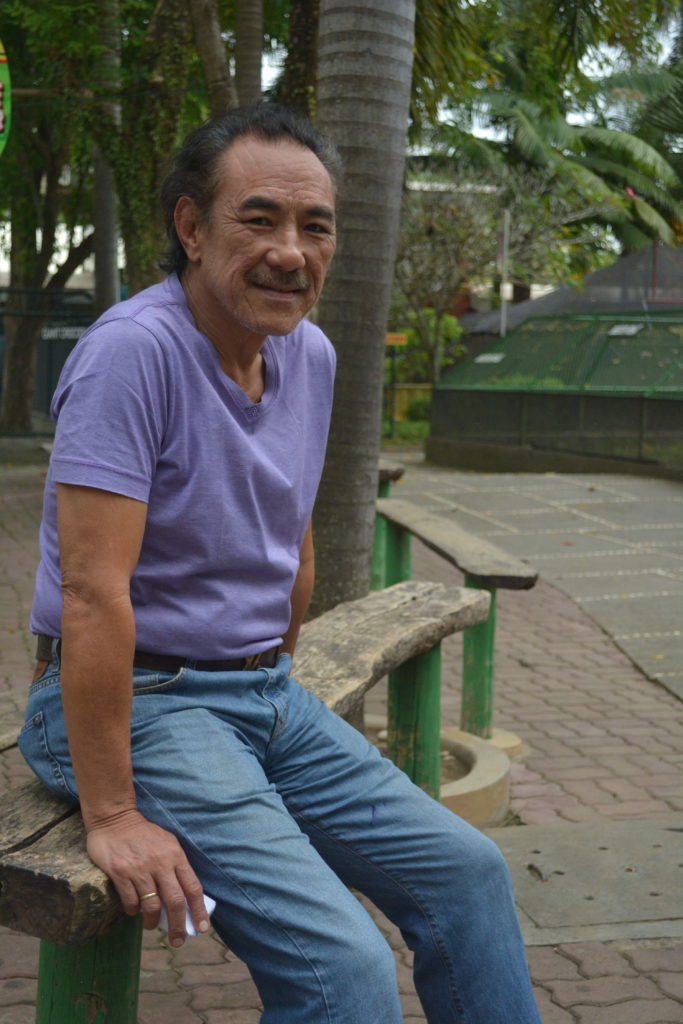Sensible Entrepreneurship: Making ‘Purpose’ a Business
“We must call ourselves “Social Entrepreneurs,” when you put up a business, don’t only look at the profit but also the social responsibility.”
Philip “Sonny” Dizon
Philip “Sonny” Dizon is not your ordinary businessman. Tall, mustached, and seemingly simple and laidback, this man has more than 20 businesses, including the two well-known Crocodile Parks in the Philippines located in Davao and Manila.
Dizon’s first influence on business started with the fascination of a crocodile and its survival instinct; also, considering potential to produce captive bred animals for the leather market.
Furthermore, he has also developed areas, specifically in Davao city, to open many other tourism attractions and adventures: water-rafting, zorbing, and zip lining. And a few restaurants and resorts.
Among his many achievements, his interest with crocodiles is the reason why protection of nature has become a great part of his primary business. Crocodile Park opened in 2005, with the theme, “’Working with nature for a better future.’ We are not only protecting nature, we are doing something about its conservation.”
Dizon said that the one thing people find most amusing about the park is the beautiful animals, not only crocodiles, that are present, and the Wild-life Shows that they have—wherein it becomes a possibility for Crocodile Park to relay the message of conserving nature.
According to an article by philstar.com, in 2011, 300,000 came to view Dizon’s park. Wherein school groups were the biggest demographic. And in 2008, Dizon shipped crocodiles to Manila to open a second smaller park. In 2011, it also drew 200,000 visitors.
However, one struggle he mentioned is getting schools back to Crocodile Park since there is a perceived ban on field trips. “Crocodile Park is an educational and discovery destination,” he said.
Dizon explained that success is what motivates them (Crocodile Park) to do better and that the rating they have with trip advisers is 4, “We want the 5.”

When asked about the number of businesses he has, he said, “Almost every day there is something new. I have about 22 companies; little businesses, some are big but most are small.” His businesses include a share of Dizon Farms, founded by his late father; and running a travel channel broadcasted in Mindanao.
“There should be equitable sharing of wealth in order to boost the economic wealth of the middle class or else the improvement of people’s lives and economic growth will not continue. Because we have to ask ourselves: Who is going to be the market? We must also ask ourselves, how are we going to distribute our wealth in which the greater good will benefit from it?”
He explained how nature as a business explains his love for Davao and Mindanao. Not only that, he is currently advocating on the issue of Mt. Apo, how it is the watershed of the region and yet it is being destroyed. His advocacy is about putting a line of defense before reaching the forest line.
“When you’re an entrepreneur, there also has to be a purpose. Of course profit is of upmost importance because it is the primary drive and motivation of businessmen. However, you can’t become a social entrepreneur earning profit without helping people.”
This article authored by May Ann Love Deseo was published in Excalibur, the magazine edition of Crossroads.




